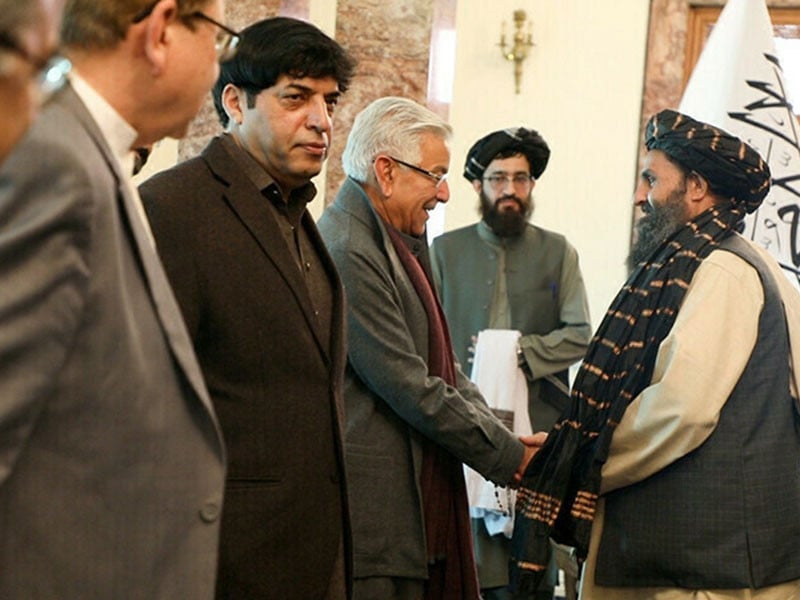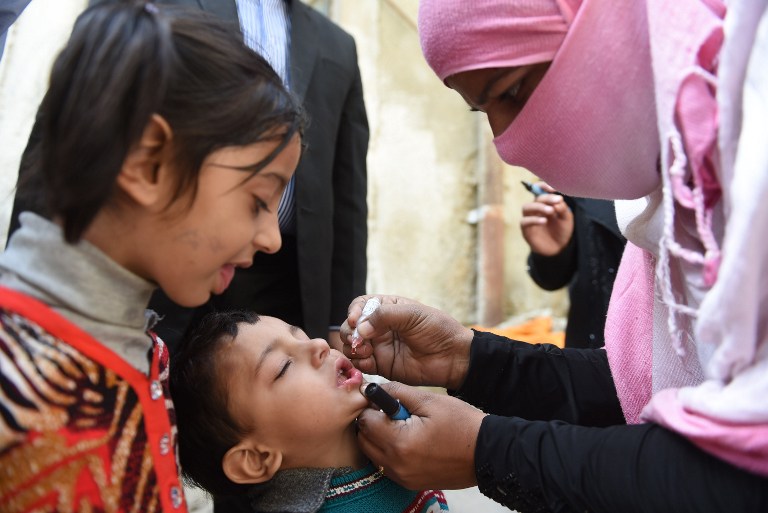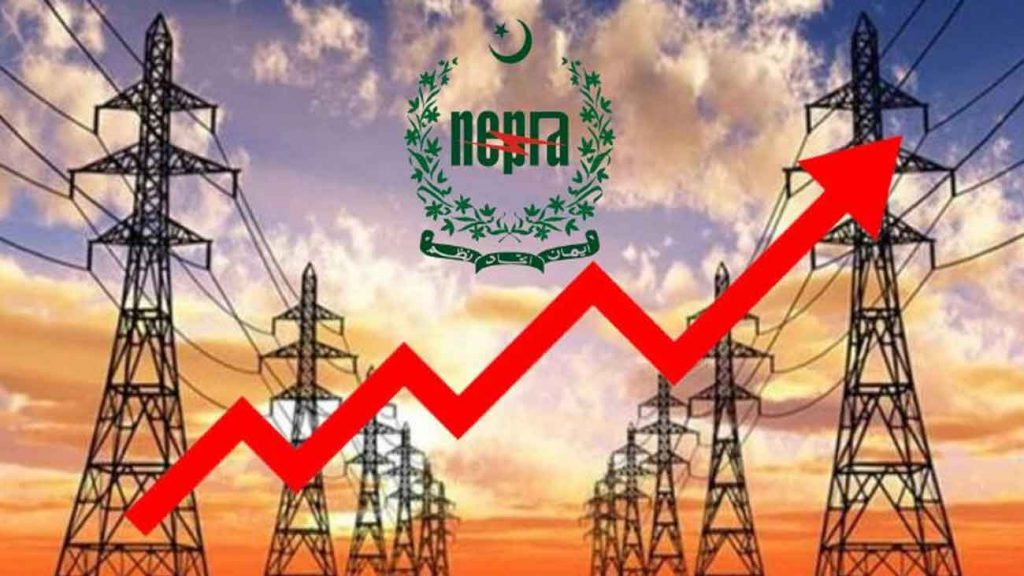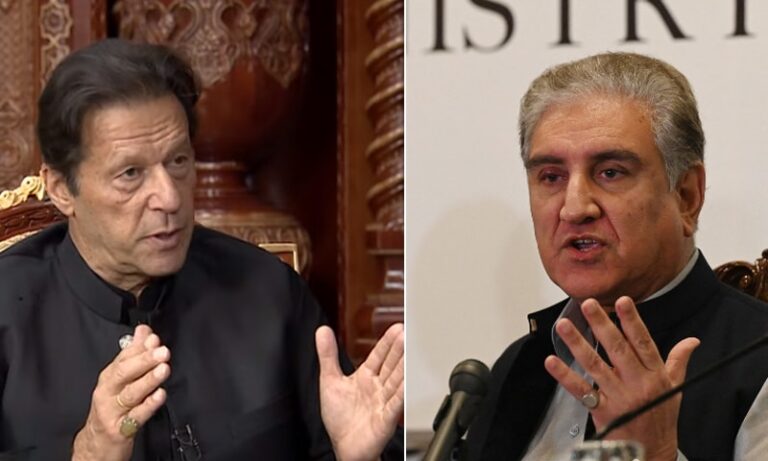EDITORIAL
Human Rights Day is observed every year on 10 December — the day the United Nations General Assembly adopted the 1948 Universal Declaration of Human Rights (UDHR). The UDHR is a milestone document which proclaims the inalienable rights that everyone is entitled to as a human being. Regardless of race, colour, religion, sex, language, political or other opinions, national or social origin, property, birth or another status. Available in more than 500 languages, it is the most translated document in the world.
The Universal Declaration of Human Rights maintains the Guinness World Record as the most translated document. Yet, many people are still unaware of their fundamental rights as human beings.
Outlined by representatives of diverse legal and cultural backgrounds from all regions, the Declaration sets out universal values and a common standard of accomplishment for all peoples and all nations. It specifies the equal dignity and worth of every person. Thanks to the Declaration and States’ commitments to its principles, the dignity of millions has been uplifted. The success also lays the foundation for a more just world. While its promise is yet to be fully realized, the fact that it has stood the test of time is a testament to the enduring universality of its perennial values of equality, justice and human dignity.
The Universal Declaration of Human Rights empowers us all. The principles enshrined in the Declaration are as relevant today as they were in 1948. We need to stand up for our rights and those of others. We can take action in our daily lives to uphold the rights that protect us all and promote the kinship of all human beings.
Why are human rights critical? Human rights belong to an individual or group of individuals simply for being human, as a consequence of inherent human vulnerability, or because they are requisite to a just society. Whatever their theoretical justification, human rights refer to a comprehensive continuum of values or capabilities thought to enrich human agency or protect human interests and declared to be universal, in some sense equally claimed for all human beings, present and future.https://republicpolicy.com/will-the-state-of-pakistan-ensure-the-implementation-of-human-rights-in-pakistan-2/
It is a common observation that humans everywhere require the realization of diverse values or capabilities to ensure their individual and collective well-being. It is also a common observation that this requirement—whether conceived or expressed as a moral or a legal demand—is often painfully frustrated by social and natural forces, resulting in exploitation, oppression, persecution, and other forms of deprivation. Deeply rooted in these twin observations are the beginnings of what today are called “human rights” and the national and international legal processes associated with them.
The Constitution of the Pakistan provides fundamental human rights to the citizens of Pakistan. Article 8 of the Constitution alludes that any law inconsistent with fundamental rights provisions shall be void. Then, Pakistan’s state and society face severe challenges in implementing fundamental rights. The knowledge gap is the actual cause of deteriorating human rights in Pakistan. Awareness of the contents and motivation of human rights is instrumental for better implementation. The best mode to fill the knowledge gap is to incorporate the canons of fundamental rights in the educational syllabus of the nation, followed by other awareness campaigns. Societal, cultural, political and religious awareness is critical to undoing the lock of despondency. Individuals, institutions and organizations should play a pivotal role in creating the indispensable dissemination of Human Rights.https://www.pakistantoday.com.pk/2022/10/07/implementing-human-rights-in-pakistan/
The Constitution provides a judicial remedy to citizens to enforce Human Rights. Article 184 (3) empowers the Supreme Court to enforce public rights on matters of public interest. Article 199 of the Constitution empowers the High Courts to execute writs against government functionaries to enforce fundamental rights. Application of section 491 of the Criminal Procedure Code 1898 provides that a person within the limits of its appellate criminal jurisdiction be brought up before the court to be dealt with according to law. Then, there is a remedy available under section 220 of the Pakistan Penal Code alongside several legislative protections.
Inherently, judicial enforcement of human rights has been long-winded across the world. Hence, judicial enforcement is instrumental, and improved civil and criminal justice systems standards will improve implementation. Overhauling judicial practices shall explicitly enhance improvement in implementing Human Rights in Pakistan.
The administrative remedy to human rights is the way forward. The mode is competent, prompt and unswervingly linked to the foundation of implementation. Pakistan is confronting a capacity crisis, choking the governance and service delivery. Pakistan guarantees full constitutional and legislative support to the cause of human rights, but administrative bottlenecks are making us lag far behind in implementation. Human rights are devolved as a provincial subject, and provinces require functional Human Rights departments. Besides, performance is improbable without raising a functional Human Rights Service HRS and devolving the function to the districts by erecting district setups. Federal intervention in provincial implementation is unconstitutional. Functional Human Rights Departments and Human Rights Services are instrumental in the cause of implementation.https://republicpolicy.com/do-you-know-your-fundamental-rights/
The government should revamp public organizations’ coded rules and laws to achieve administrative capacity and functionality. The public and private partnerships are fundamental for the cause of implementation. Almost all federal and provincial organizations have inserted human rights in their organizational rules of business according to Article 139. If the departments administratively implement only these rules of business, the implementation will improve significantly. Pakistan is facing serious human rights violations across the board. The freedom of expression is the serious challenge to the human rights value in Pakistan. Journalists, political workers and proponent of democracy are facing serious challenges from the institutions of the government. For more read;https://republicpolicy.com/importance-of-human-rights-for-women-in-pakistan/
Last but not least, the awareness about fundamental rights creates a desire in an individual to attain them. In this regard, the incorporation of fundamental rights in the curriculum of students may be a step forward in the right direction. Primarily, societies develop a human code to practice fundamental rights without intervention by the state. However, the community of Pakistan is still growing for the cause of human rights. Therefore, the intervention by the government, along with all social and religious institutions, is indispensable. This intervention and cooperation will be instrumental in the protection of fundamental rights. Human rights are the gift of nature to humans. They manifest human values and inclinations. Therefore, it is a moral obligation of an individual and collective society to further the cause of implementing human rights.

















































